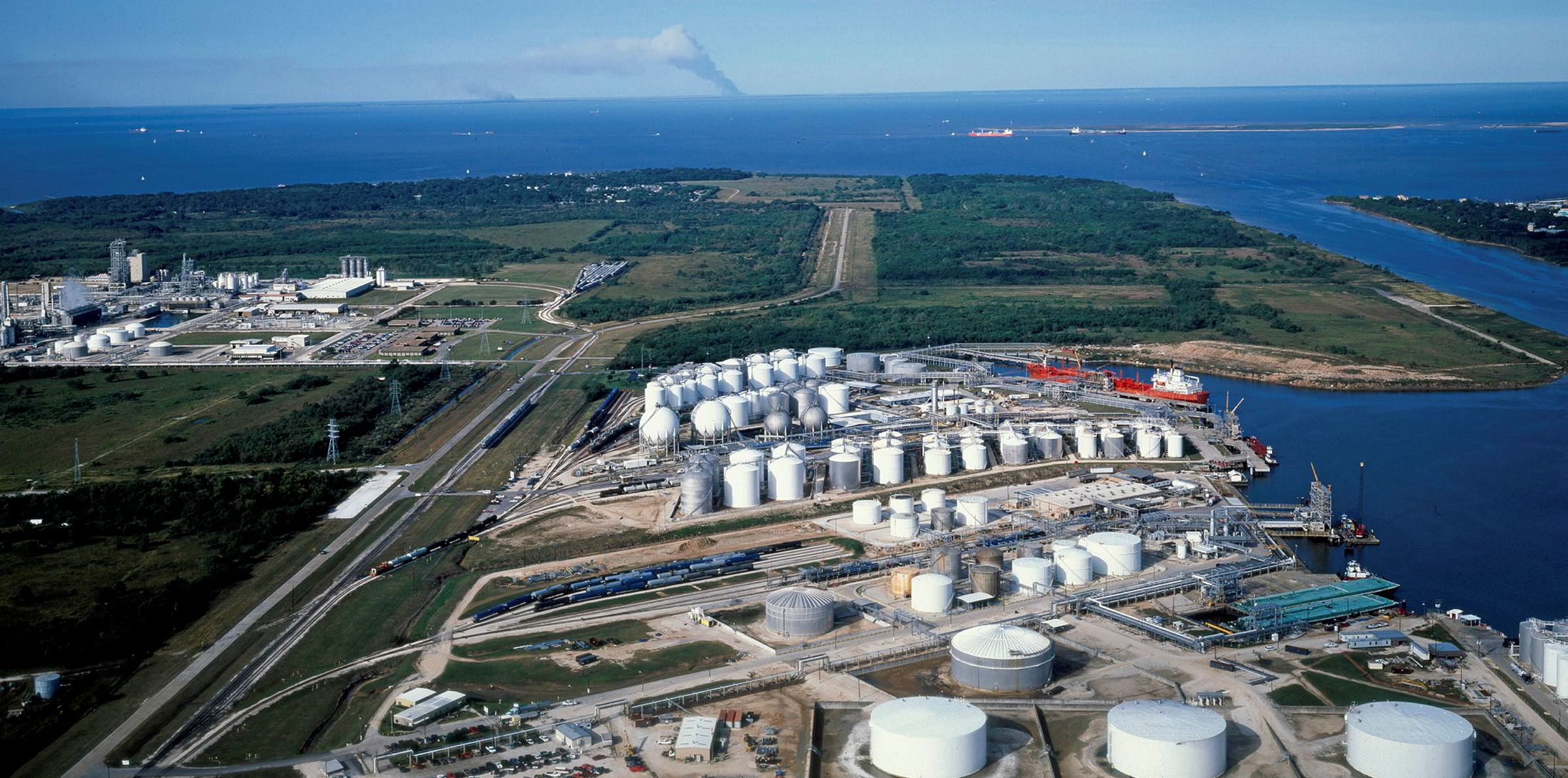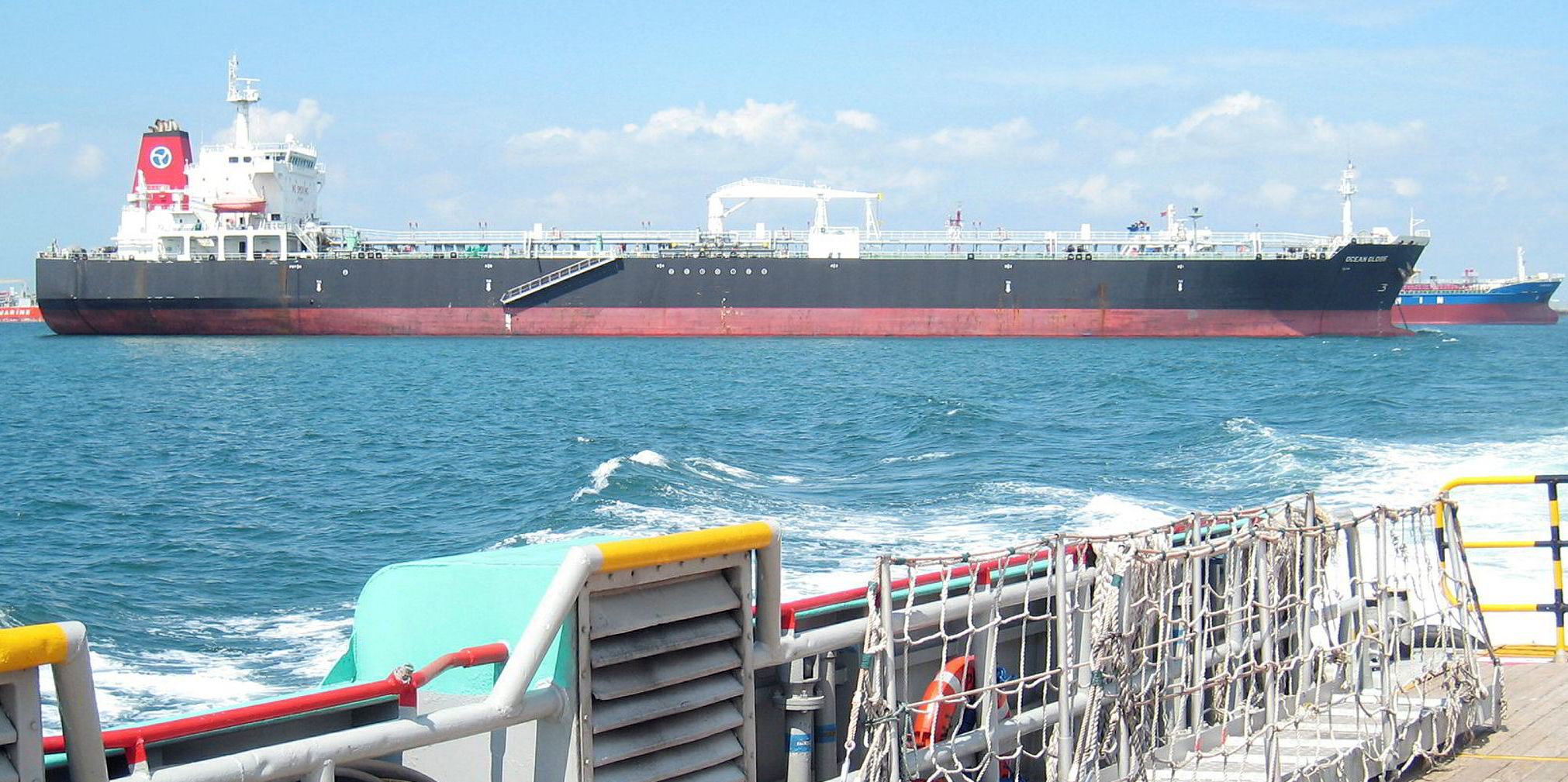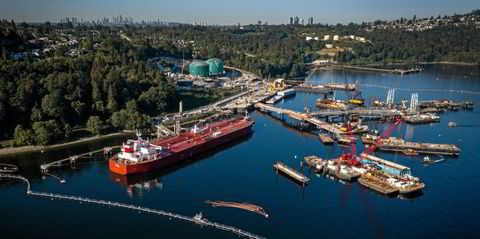Spot earnings of product tankers have surged to all-time high levels with a record number of vessels tied up in congestion and floating storage, according to market sources.
Kpler data showed 177 ships were used to store 46.6m barrels of clean petroleum products globally as of Wednesday, the largest amount ever recorded.
While industry estimates suggest dozens of ships have become floating storage facilities for contango play and logistics reasons, many vessels simply face severe port congestion due to brimming tanks onshore.
IHS Markit’s principal liquid bulk analyst, Fotios Katsoulas, suggested there are “huge delays” at north-west Europe and Mediterranean terminals in particular, with a record number of product tankers anchored in the region.
With the collapse in gasoline and jet fuel consumption during the coronavirus outbreak, as well as low Rhine water levels curbing barge movements, European refiners have faced rising inventories of oil products.
“Cargo owners face severe difficulties in finding buyers or storage tanks. This situation is expected to last for weeks, as the market cannot absorb volumes that typically get sent to the continent,” Katsoulas said.
“This drives a shortage in available units for future loadings as well, pushing spot rates to new high records.”
An unprecedented market
Tanker market strength has been observed in Europe and beyond, with vessel supply continuing to tighten, analysts said.
For the benchmark Middle East Gulf-Japan route, the Baltic Exchange assessed LR2 earnings at $147,121 per day and LR1 earnings at $99,897 per day on Wednesday.
The Atlantic MR triangulation rate was at $72,421 per day and Pacific basket rate at $62,805 per day.
All the readings are the highest on record and have more than doubled over the past week.
“It’s crazy. [Rates] could go higher as more vessels will get delayed and put on storage until refinery output falls enough or demand recovers,” a London-based analyst said.
Many voyage charters are believed to be fixed with storage or multiple discharge options nowadays, with oil firms in need to lift cargoes without finding end users, due to full tanks.
On the other hand, shipowners are expected to seek more period charters if they can find good values, the analyst said.
According to VesselsValue, 18 LR2s, four LR1s and 18 MRs have been fixed on time charters from three months to one year since 23 March.
Thesis proved wrong
"Obviously, our thesis of the product side feeling the dysfunctional oil market quicker and harder than the crude side thus looks plain wrong," Fearnley Securities admitted.
"Brokers are reporting severe delays at European terminals as rising inventories and just simply lack of demand are creating logistical difficulties."
Analysts Espen Landmark Fjermestad, Peder Nicolai Jarlsby and Ulrik Mannhart said more than half of the LR2 fleet is now trading in the dirty market, acting like a "massive swing factor".
For the first quarter, they are forecasting LR2 rates of $25,000 per day, LR1s at $22,000 per day and MRs earnings at $20,000 per day.
"Second quarter is too early to tell, but assuming the market holds we should see the product names deliver equally strong (if not better) returns as the crude space," the analysts added.
They said a fair earnings range for Scorpio Tankers is $4 to $7 per share. This means its net asset value by the end of the second quarter should be about $35, as against $30 now.
"For dividends, we would recommend Hafnia, where a fixed policy should enable the company to distribute around 20% of current market cap in first half 2020 alone — matching the larger crude players," the analysts said.








